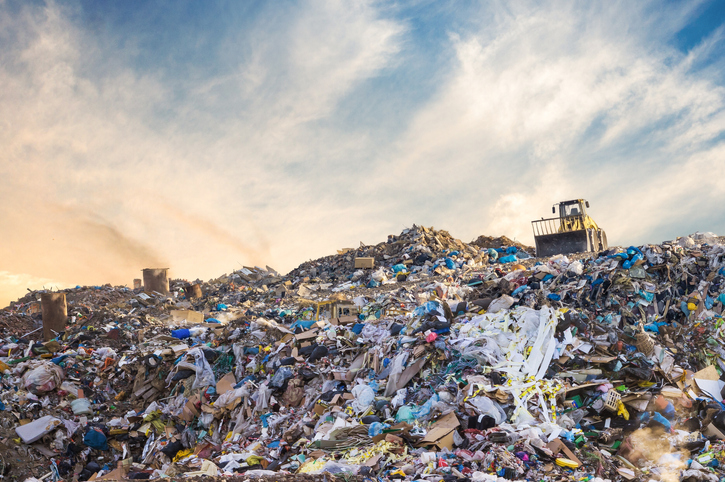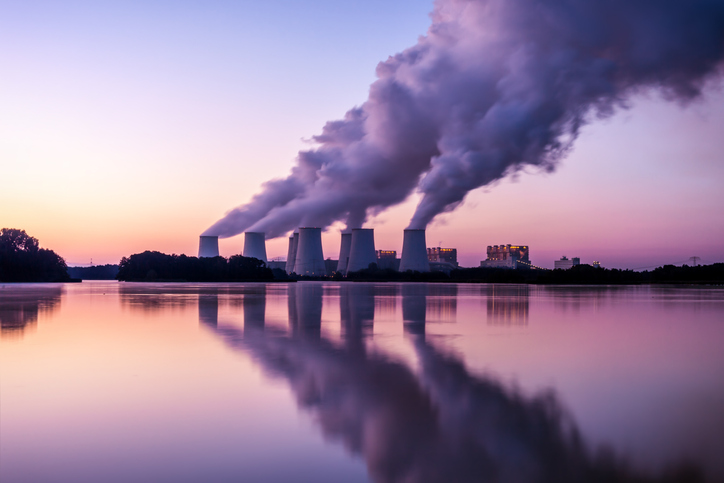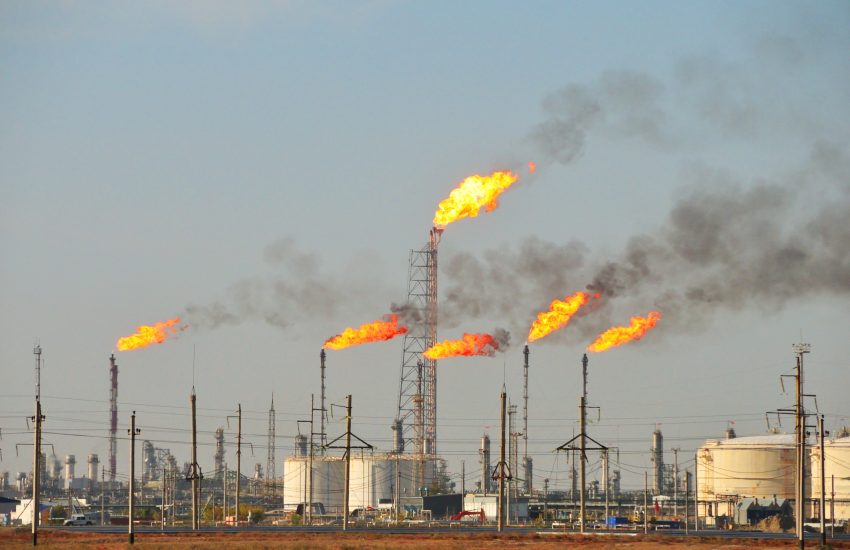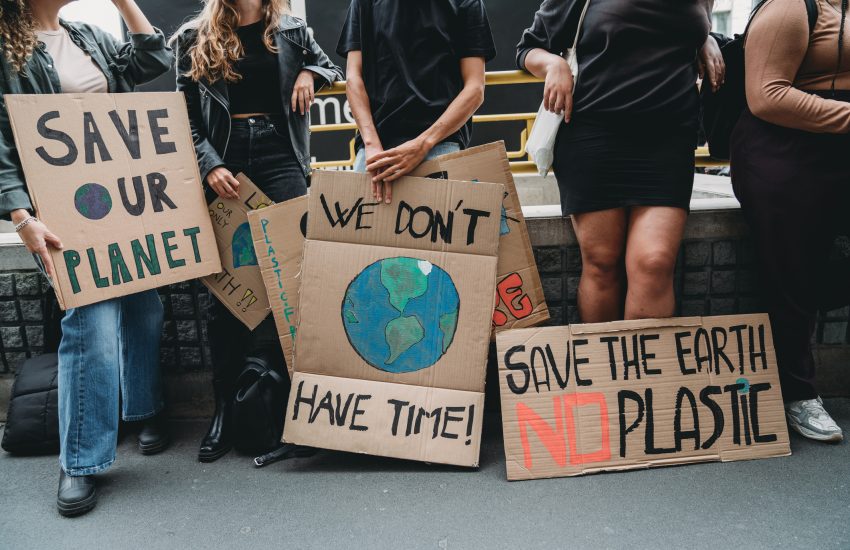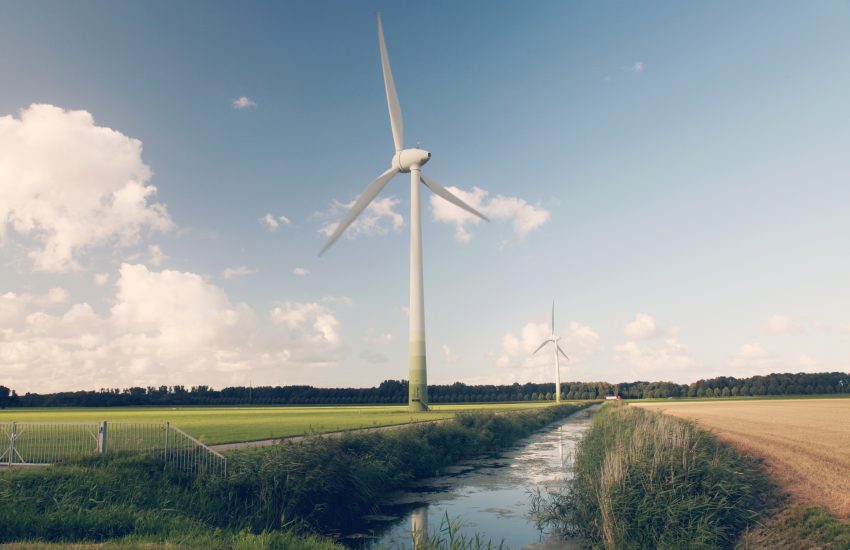Lawyers at the environmental law firm ClientEarth earlier this month personally sued the directors of one of the largest oil producers in a derivative action for their alleged failure to manage material and foreseeable climate risks.
ClientEarth filed the action at the High Court of Justice in England and Wales, alleging breach of UK company law. In total, 11 of the company’s directors are named. At issue is whether the 11 board members breached their duty to shareholders by not properly managing climate risk.
If you’re …
Continue Reading

